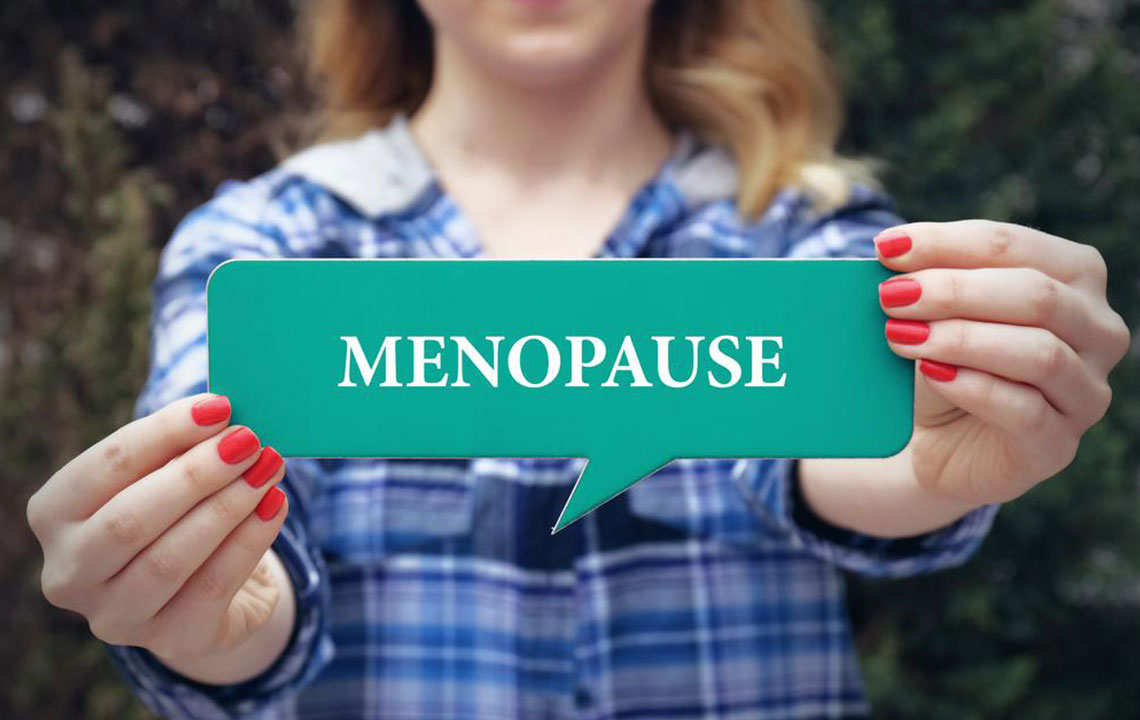What To Expect During Menopause Hot Flashes
A woman will experience menopause during her 40s or 50s. It is when she no longer gets her period and is unable to get pregnant naturally. It is usually confirmed when the period stops for more than 12 months.
Once the ovaries stop functioning, there is an imbalance of hormones in the body. While the body adjusts to this change, there will be many uncomfortable symptoms to deal with one of which is menopause hot flashes.
Over two-third of women experiencing menopause have to deal with hot flashes.
What Is A Hot Flash?
It is a sudden and unexpected experience of feeling hot.

The exact reason for menopause hot flashes is unknown. However, many theories point that hormone imbalances could be affecting the circulatory system.
Menopause hot flashes can sometimes cause excessive sweating in the night time, making sleep uncomfortable. Some women may also have a high heart rate.
Many women experience menopause hot flashes for a short period while others will experience it for the rest of their lives.
Triggers
Knowing what triggers your hot flash can be critical in managing it. Each woman has different triggers, but here are a few common ones.
- Caffeine
- Alcohol
- Cigarettes
- Spicy food
- Tight clothes
- Stress and anxiety
- High temperatures
Note whenever you have a hot flash in a diary. Once you recognize a pattern, take steps to avoid exposing yourself to your triggers.
Remedies For Hot Flashes
There are several options when it comes to the alleviation of the symptoms of menopause hot flashes. Here are a few:
Hormone Replacement Therapy
Small amounts of estrogen can be taken to restore the hormone balance which causes hot flashes. Estrogen can be taken with another hormone called Progesterone to reduce the risk of cancer. This option is usually explored by women who are experiencing debilitating conditions due to a lack of hormones. Consult with your doctor before you decide on this option.
Antidepressants
Antidepressants are a non-hormonal remedy for the effects of menopause. They can be used by women who cannot use hormone replacement therapy. The effects of antidepressants are not as strong and have possible side effects such as nausea, dizziness, and weight gain.
Alternative Medicine
The effects of alternative techniques to manage hot flashes have not been researched. But, many women have reported that these methods have improved their symptoms.
Here are some of the methods you should look into:
- Acupuncture – There has been no comprehensive research to suggest that acupressure works. However, many women haven’t experienced hot flashes while using this therapy.
- Meditation – Stress is a common trigger for hot flashes. Meditation can help you manage and regulate your stress levels.
- Cognitive Behavioral Therapy – Using talk therapy can help with both the stress and the changes in lifestyle. CBT will help you cope with hot flashes.
Dietary Supplements
Many natural supplements can be taken to regulate menopause hot flashes. Since they are natural, there aren’t any side effects and must be tried to ease the stress of hot flashes.
- Plant estrogen – Soy has a lot of chemicals called Phytoestrogens which behave like estrogen in the human body. Consume soy-based products like soy milk, tofu, and soybeans.
- Black cohosh is a root herb that binds itself to estrogen receptors. It is available for consumption in the form of capsules and tea. There have been isolated cases where black cohosh has been linked to a side effect. Thus, consult your physician before using this product.
- Vitamin E – Studies have shown that taking vitamin E can help with the occurrence of mild hot flashes.
Lifestyle Changes
When your hot flashes are mild, making some lifestyle changes along with home remedies can make a huge difference.
- Keep cool – Wear light clothes that are loose and allow for air movement. The best choice is clothing made from cotton. Make sure the rooms you occupy are not too hot by using a fan or an air conditioner. At the beginning of a hot flash, sip on some ice chips to alleviate the discomfort
- No smoking – Research has linked smoking to hot flashes. In fact, smoking is a trigger for it. Quitting the habit can reduce the frequency and severity of hot flashes. Apart from this, your chances of heart disease and cancer will also reduce drastically.
- Eat better – Spicy food, processed food, caffeine, and alcohol have all been proven to increase the chances of hot flashes. Keep the consumption of these food items to a minimum if you cannot cut them out altogether.
- Lose weight – Studies have proven that the closer you are to your ideal weight, the lesser the symptoms of menopause. Hot flashes have shown to reduce the loss of excess weight.
Menopause hot flashes can be extremely uncomfortable if left unregulated. Make an appointment with your doctor to develop a plan to manage this physiological change.

